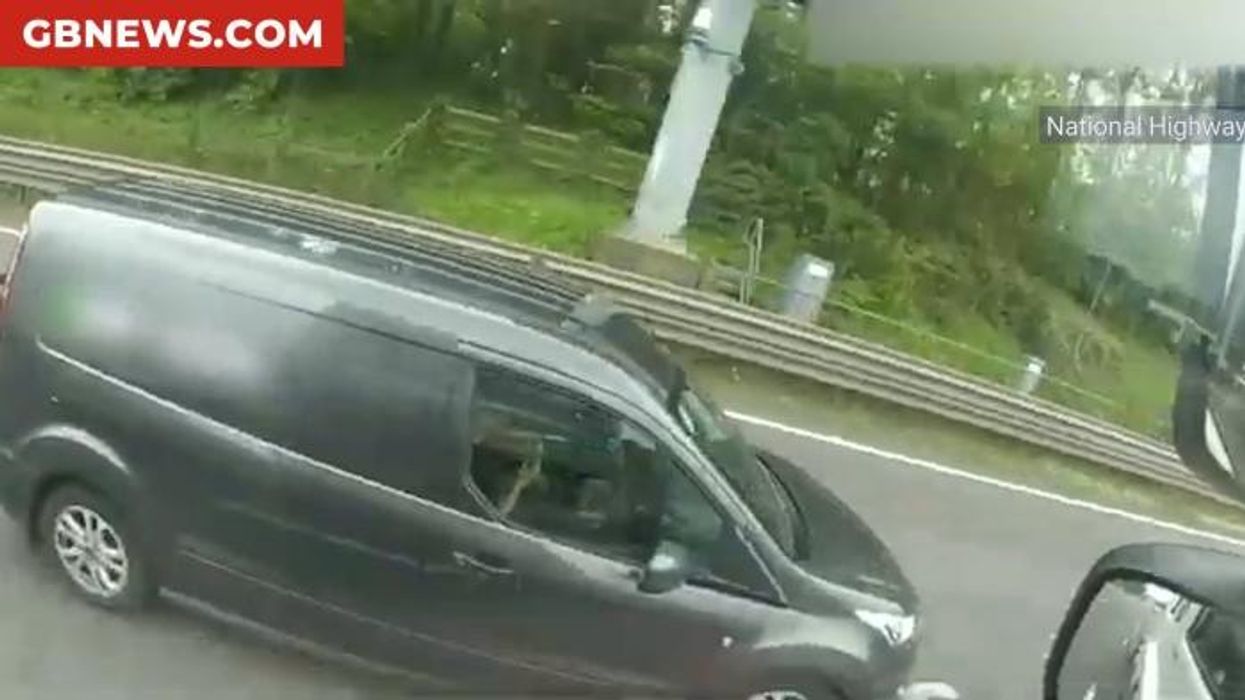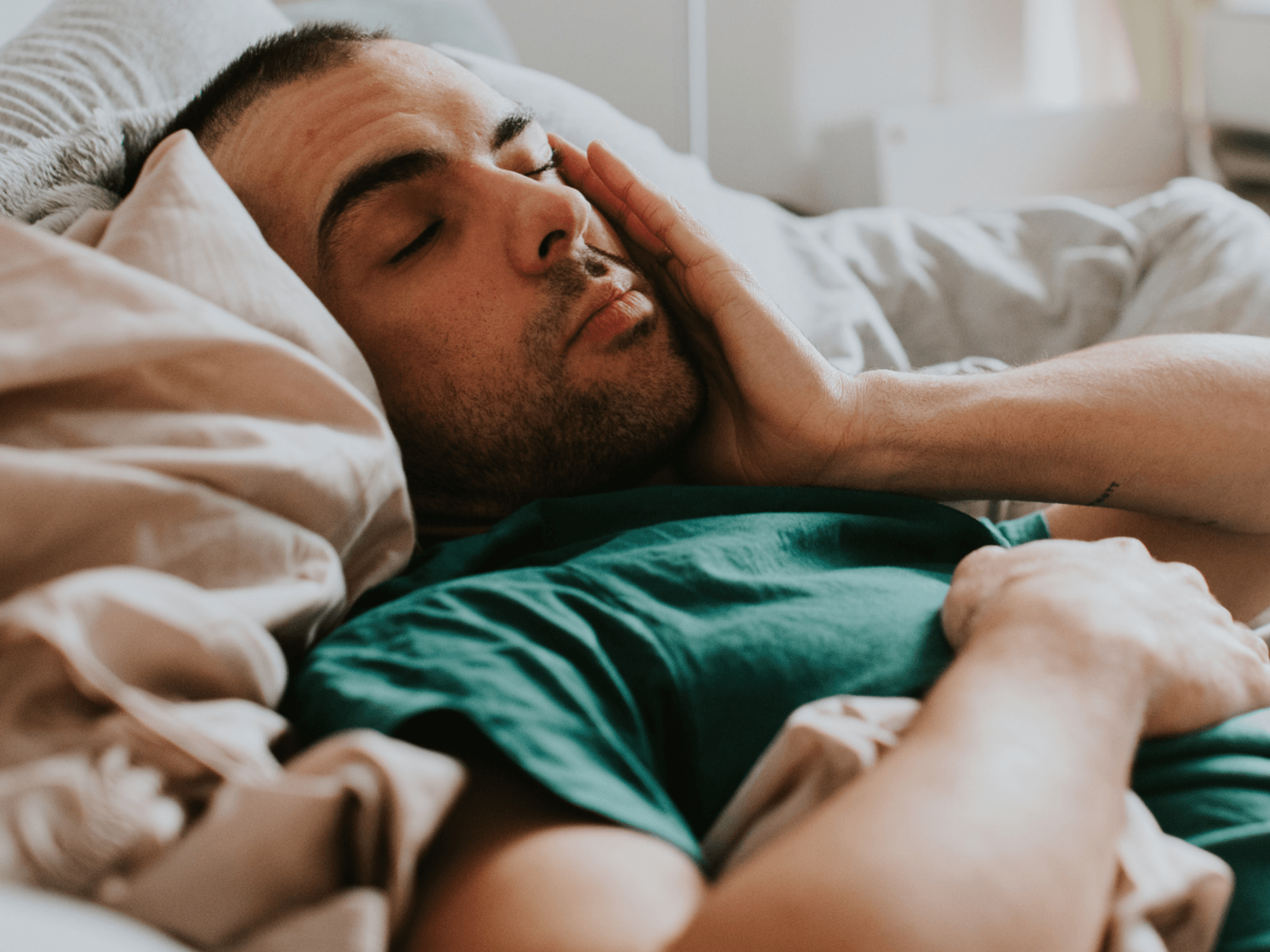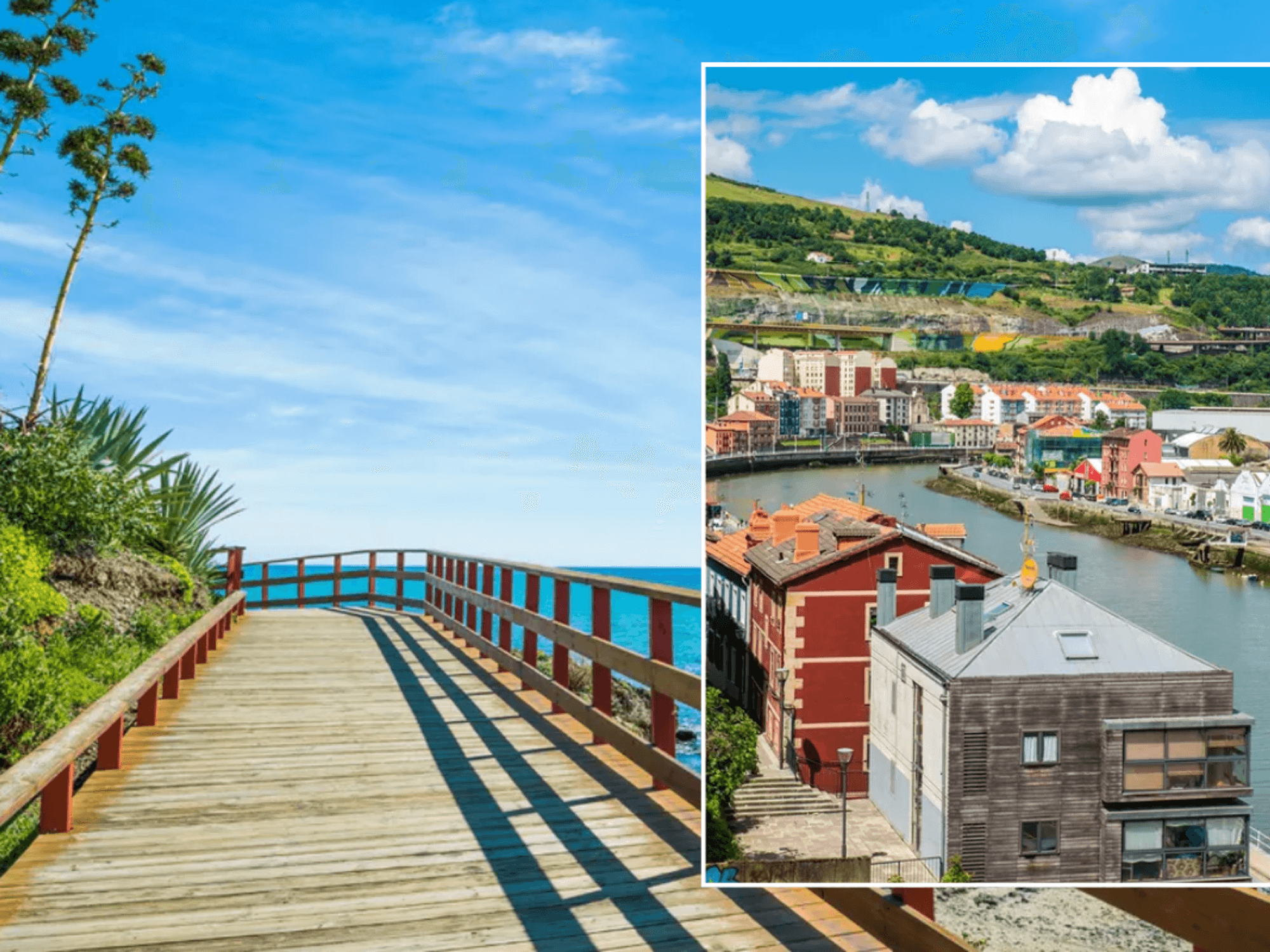Drivers risk legal penalties and 'total refusal of cover' for 'common' driving misunderstandings on UK roads

Drivers can be fined and face prosecution for sleeping in vehicles after drinking
Don't Miss
Most Read
Motorists have been warned they could face potential prosecution if they attempt to sleep off alcohol in their vehicles, even when parked with the engine switched off.
Experts have issued an urgent alert highlighting a widespread misunderstanding that could result in millions facing criminal charges.
The warning comes as many believe resting in their vehicle after drinking constitutes a responsible alternative to driving home.
**ARE YOU READING THIS ON OUR APP? DOWNLOAD NOW FOR THE BEST GB NEWS EXPERIENCE**
However, legal experts have clarified that individuals can still face charges for being drunk while in charge of a motor vehicle under these circumstances.
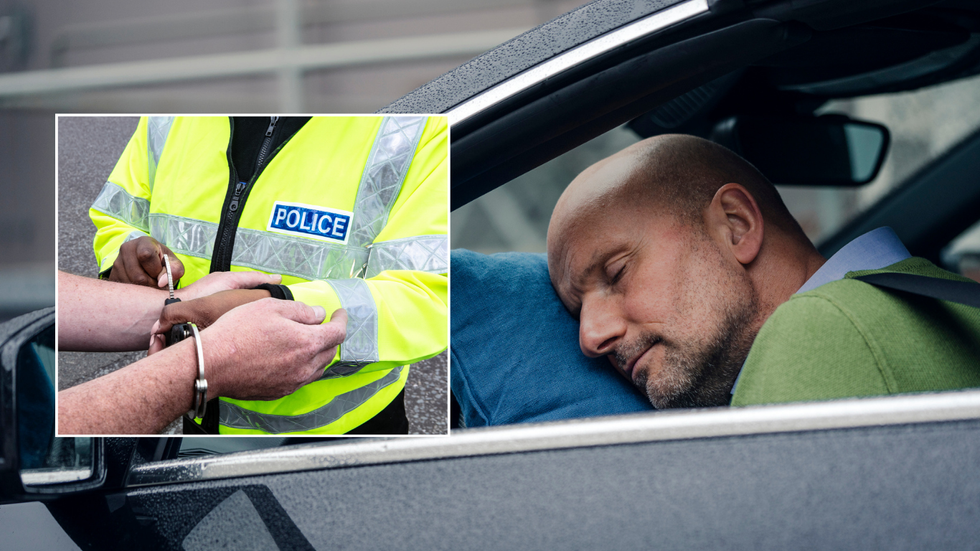
Police can fine drivers for sleeping in vehicles after consuming alcohol, even if stationary
|GETTY
This applies regardless of whether the engine remains off, the driver sleeps in the rear seats, or car keys are stored away in pockets.
The misconception particularly affects drivers attending summer events, music festivals and late-night gatherings who could mistakenly view their parked car as a safe resting place.
Alicia Hempsted from MoneySuperMarket said: "It's a common misunderstanding. People think that sleeping in their car is ok, but in the eyes of the law, if you're over the limit and in control of a vehicle, you could still be prosecuted, even if you did not intend to drive until you were legally fit to do so.
"This can include situations where someone is asleep in the backseat or reclining in the front. If the keys are accessible and the individual is able to potentially operate the vehicle, the police can and do issue charges."
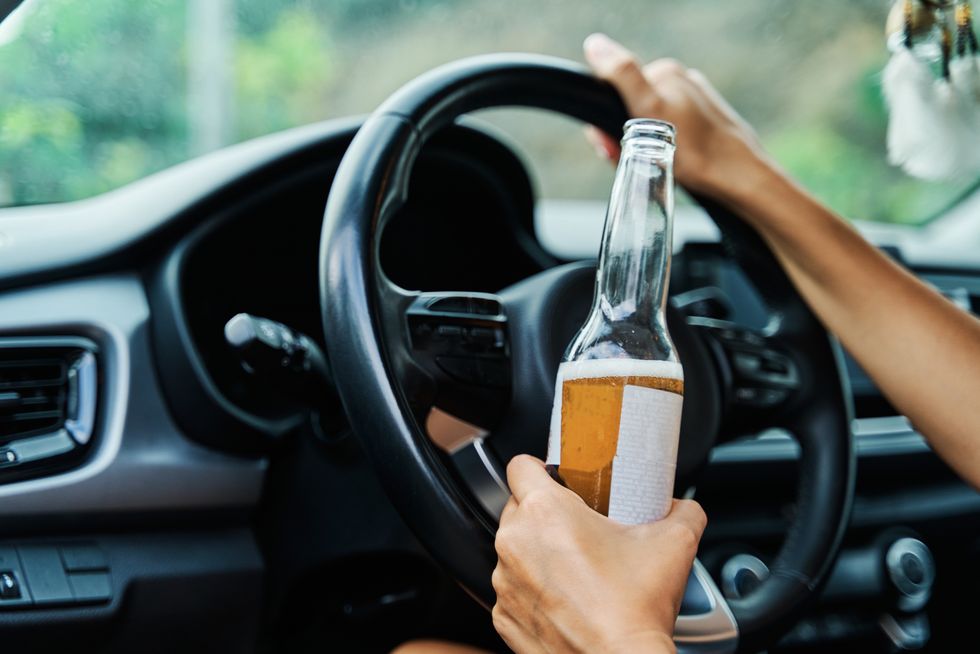
The drink-drive limit is 35 micrograms of alcohol per 100 millilitres of breath
| GETTYMs Hempsted explained that authorities can prosecute anyone they deem capable of operating the vehicle while intoxicated, regardless of their intentions.
Drivers found guilty of drink-driving can face severe penalties, including a criminal record and up to 10 penalty points on their driving licence.
Drivers can also be fined up to £2,500, while courts may impose driving disqualifications or imprisonment for up to three months.
"Being 'drunk in charge' of a vehicle is a serious offence," Ms Hempsted warned. "If you're convicted, it could severely impact your car insurance premiums and your job, especially if you drive for work."
LATEST DEVELOPMENTS:
- Rachel Reeves' car taxes see certain drivers pay £5,490 as millions look to give up driving to save money
- Major car brands recall 475,000 vehicles as faults could lead to accidents and fires - Ford, Kia and more
- Britons fail to back e-bikes as uptake of green vehicles falls to lowest level across Europe
But consequences for drink-driving extend beyond immediate legal penalties, affecting employment prospects and personal mobility for years following conviction.
Insurance companies can impose substantial financial penalties on drivers convicted of alcohol-related vehicle offences. MoneySuperMarket's data revealed that motorists with a DR40 conviction for being in charge while over the limit pay average annual premiums of £1,316.
Motorists with DR50 offences face even steeper costs at £2,038 annually compared to drivers without motoring convictions who typically pay £800 per year.
"A drink-driving related conviction, even if you weren't technically driving at the time, is still recorded and often treated in the same way as an actual drink-driving offence," Ms Hempsted noted. "That means higher premiums for years, reduced insurer choice, and in some cases, total refusal of cover."
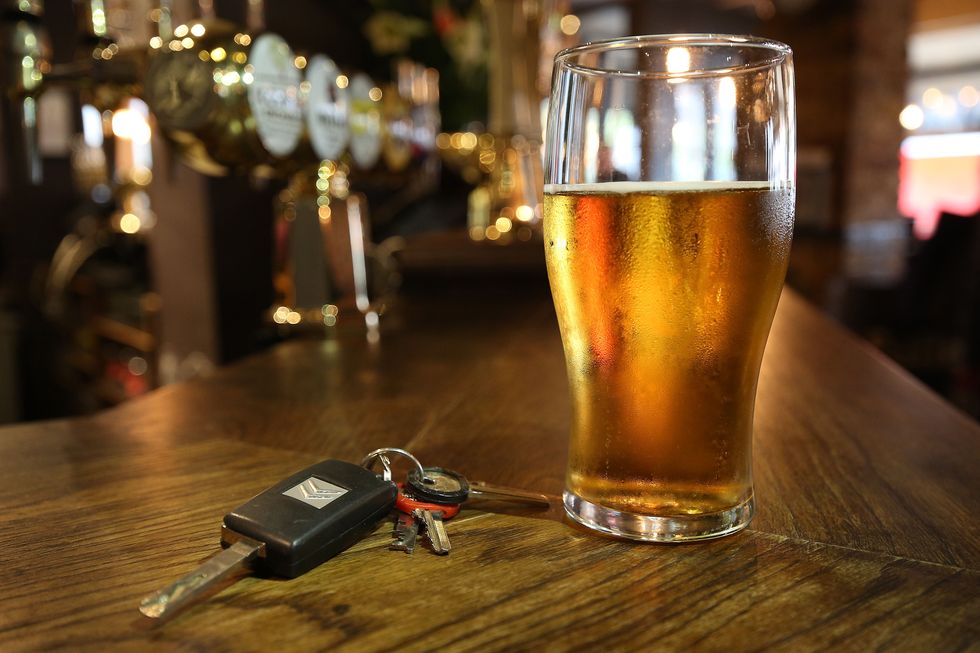 The current alcohol limit is 80mg of alcohol per 100ml of blood in England | PA
The current alcohol limit is 80mg of alcohol per 100ml of blood in England | PAShe advised complete avoidance of vehicles after consuming alcohol. "If you're planning a night out or attending a festival, pre-arrange a lift, book a taxi, or check public transport options.
If you end up stuck, look for accommodation or phone a friend," she recommended. "Even if it feels inconvenient, it's a far safer and smarter choice than risking a conviction."
Ms Hempsted added: "If you're ever unsure, don't guess, check the rules, and if you've been drinking, avoid sleeping in your vehicle.
"If you're found to be over the legal limit and the police believe you could drive the car, even at a later point, you could face prosecution, which could have serious consequences."


